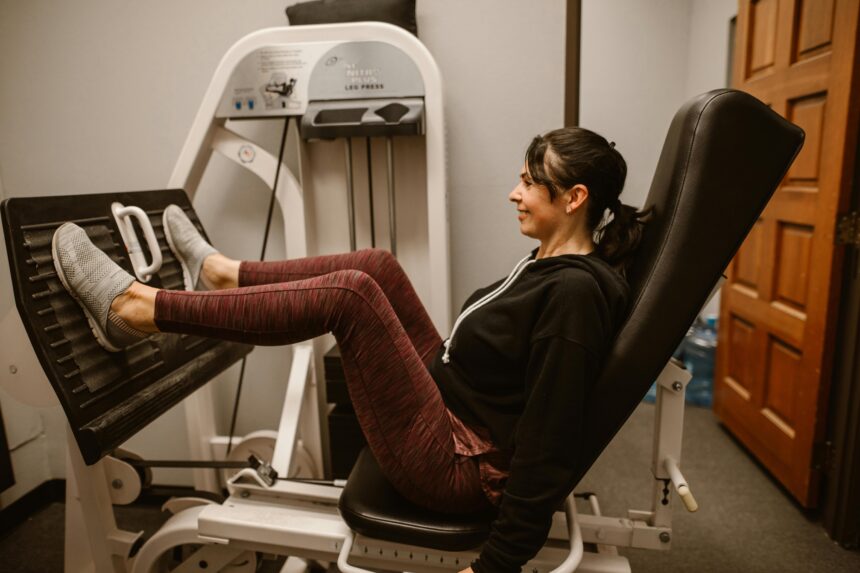PMS refers to premenstrual syndrome, it is a range of symptoms that happens to women a few days or weeks before their menstrual cycle, and these symptoms include physical, emotional, and psychological symptoms. Though the precise causes are unclear, PMS is thought to be influenced by hormonal changes, including variations in estrogen and progesterone levels. The majority of women may have moderate symptoms, but others may have more severe ones that affect their quality of life and daily activities.
MUST READ; How to Make Mini Veggie Pizza
Symptoms of PMS vary in different women, however general symptoms include, Physical symptoms include headaches, weariness, joint or muscle aches, bloating, and breast tenderness.
Emotional symptoms, include fluctuations in mood, irritability, anxiety, depression, and libido.
Behavioral symptoms include changes in sleep patterns, difficulties focusing, and eating cravings. Here are seven (7) ways to manage PMS.
- Eat Healthy; eat a diet high in fruits, vegetables, whole grains, lean proteins, and balance. Limit your consumption of sugary foods, alcohol, and caffeine as they might increase PMS symptoms like bloating and mood swings. Eat more meals high in magnesium, calcium, and vitamin B6.
- Exercise; engage in a regular exercise routine, such as swimming, yoga, jogging, or brisk walking. Exercise can lessen the intensity of PMS symptoms, reduce stress, and improve mood by releasing endorphins.
- Limit Salt Intake; Limit your consumption of sodium since too much salt might trigger the bloating and fluid retention that are frequently associated with PMS. Fresh, whole foods that have been seasoned with herbs and spices are preferable to processed foods.
- Use Herbal Supplements; to help with PMS symptoms, you can use herbal supplements like ginger, evening primrose oil, or chaste berry (Vitex agnus-castus). However, it is important to speak with a healthcare professional before using them.
- Stay Hydrated; Drink lots of water to stay well hydrated throughout the day. During the menstrual cycle, being well-hydrated can enhance general well-being and reduce bloating.
- Use Supplements; taking supplements like calcium, magnesium, vitamin B6, and omega-3 fatty acids helps some women who are suffering from PMS symptoms. To know proper dosages and any drug interactions, it is important to speak with a healthcare professional before beginning any new supplement regimen.
- Get Adequate Sleep; Prioritize good sleep hygiene by maintaining a consistent sleep schedule, creating a relaxing bedtime routine, and ensuring a comfortable sleep environment. Aim for 7-9 hours of quality sleep per night to help regulate mood and energy levels.
In conclusion, Women can enhance their overall well-being during the menstrual cycle and effectively manage PMS by implementing these measures. It is also important for women to track their PMS symptoms by keeping a journal or using an app to record their symptoms. They should also seek support from healthcare professionals for individualized treatment plans and coping mechanisms.


